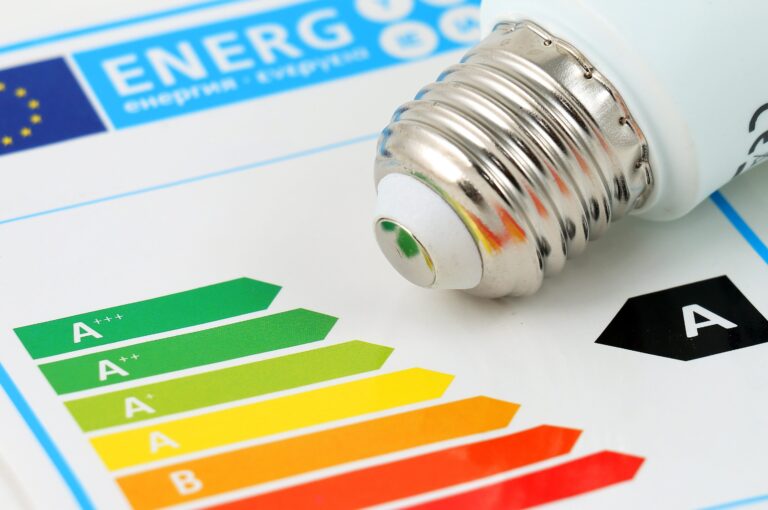Damp is a problem we all face, but there are a number of ways to minimise its chance of happening to you.
By introducing just some of these options in your rental property you could save yourself very costly repairs further down the line.
Add bathroom and kitchen extractor fans
Condensation is an inevitable damp problem in all properties as a result of everyday living. The kitchen and bathroom are the most susceptible to damp.
By installing mechanical ventilation, such as bathroom and kitchen fans, allows constant air flow throughout your property and ease any condensation issues that may be present.
Pay attention to the outside of the property
Penetrating damp is a form of damp that causes significant damage to exposed areas of a building like roofs or chimneys. Penetrating damp tends to expand in a horizontal movement on surfaces as opposed to rising damp, which travels vertically.
Regularly clearing out gutters will allow water flow away from the property. As a property owner you should check for blockages in drains and gutters as the wetter months could cause expensive, long-term damage to the property.
Invest in a damp proof course and membrane
Rising damp is the movement of ground water up through the wall or floor. A damp proof course will provide a horizontal layer of waterproof material within the walls of the building, protecting against moisture rising up through the walls.
A damp proof membrane is a sheet of material than is impervious to water. It is laid under a concrete floor, which should in turn be connected to the damp proof course, so that the building is effectively sealed from dampness.
Sort out any plumbing issues
There are many potential damp problems that can be found in bathrooms and kitchens. Leaks from water and waste pipes can affect both the external and internal walls as well as ceilings.
Mould can be seen with these types of dampness and if not addressed wood rot can occur. Where floor boards with wood rot have been left for a long period of time, then there is a serious risk of collapse.
Problems with plumbing should be treated by a qualified tradesperson without delay.
Turn up your heating and add insulation
A balmy 19-22 degrees is an ideal temperature for the living room, kitchen and bathroom, while the bedroom should be kept between 16-20 degrees. These temperatures reduce the amount of moisture-laden air in the property.
Make sure that the temperature doesn’t drop below 15 degrees when you are away from the property – dropping below this could cause condensation.
Having good insulation can also help reduce the amount dampness present as it can help create warmer walls and ceilings, inhibiting the growth of mould.
Keep your home well ventilated
This one is pretty easy and straightforward to carry out as it simply involves opening a window from time to time.
Double glazing and blocking off air vents and chimneys will restrict the amount of moisture laden air escaping the property. Closing kitchen and bathroom doors when using these rooms will prevent moisture from reaching other rooms – especially bedrooms, which are typically cooler.
Also avoid putting too many items in cupboards and wardrobes as this can cause air to stop circulating, leading to condensation problems.
Reduce any moisture around the home
A final handy tip is to remember when drying your washing not to dry it on radiators. Instead, use a washing line, leave windows open or turn on a fan. Using bottled gas heaters inside can also produce large amounts of moisture in the air and should be avoided if possible.
To find out more about protecting your home, read our handy home improvement guides.




